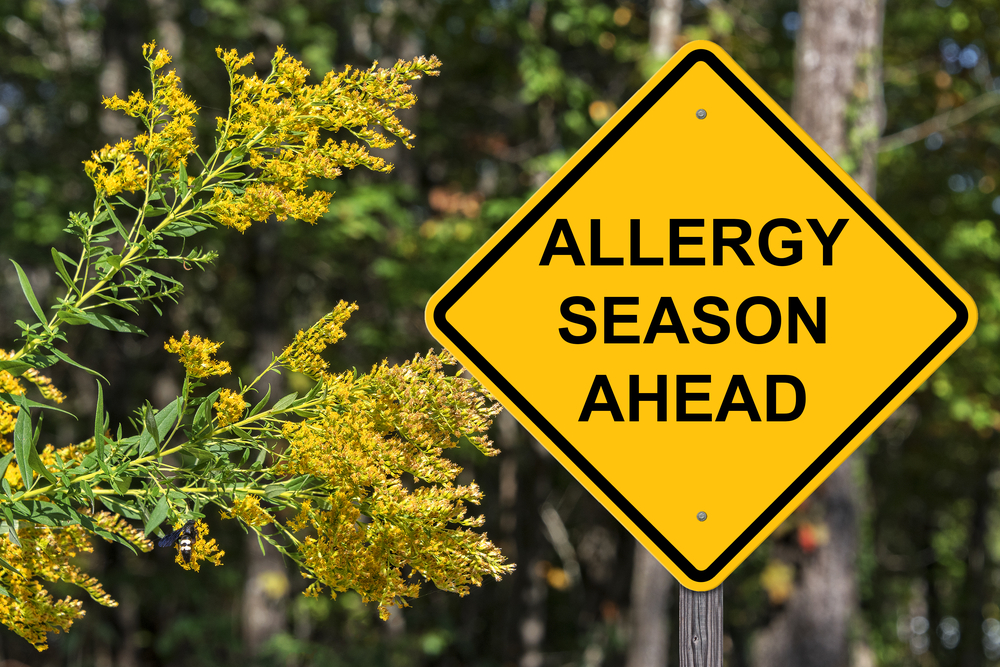Hay fever affects a significant portion of the population, with over 81 million individuals experiencing seasonal allergies annually. Unlike viral infections, allergies stem from the body’s adverse reaction to substances like ragweed pollen, exemplifying the onset of seasonal allergies that affect millions every year. Throughout the year, whether it be spring, summer, fall, or winter, numerous individuals grapple with seasonal allergy symptoms.
However, enduring allergy symptoms doesn’t have to hinder your outdoor activities. Various therapies and medications exist to alleviate symptoms, allowing you to reclaim enjoyment in activities throughout the seasons.
What are seasonal allergies?
Seasonal allergies arise when the body reacts to recurring allergens. Primarily, pollen triggers these reactions, a natural byproduct of plant reproduction. Nevertheless, even seemingly innocuous elements such as wood stove smoke can trigger allergic responses.
Climate changes have prolonged the presence and distribution of pollen, potentially intensifying allergy seasons. The extended duration and increased pollen concentrations suggest that seasonal allergies might persist longer and become more severe.
Will this year’s allergy season be worse?
Predicting the severity of this year’s allergy season involves examining past trends.
In 2021, over 40% of the United States encountered above-average pollen levels, coinciding with heightened wildfire smoke, which can exacerbate allergic reactions.
Research indicates a 20-day extension in the pollen season between 1990 and 2018, accompanied by a more than 20% rise in pollen concentrations across North America.
These trends suggest an exacerbation of allergy conditions in the upcoming season.
What are symptoms of seasonal allergies?
Seasonal allergies trigger an immune system response to harmless substances, manifesting in various symptoms such as:
- Red, itchy eyes
- Sneezing
- Runny nose
- Scratchy throat
While severe reactions may occur with insect bites or specific foods, these typically do not align with seasonal allergies.
How to manage seasonal allergies
Combatting seasonal allergies involves proactive measures, including:
- Adjusting outdoor activities based on peak pollen times, which can be determined through online resources.
- Utilizing corticosteroid nasal sprays and antihistamine pills for symptom relief, adhering to prescribed dosages and schedules.
- Considering immunotherapy, or allergy shots, if conventional medication fails to alleviate symptoms. This treatment gradually exposes the body to allergens, building resistance over time and offering long-term relief.
Preparing for Seasonal Activities
While many associate seasonal allergies with spring and summer, symptoms can emerge during autumn and winter, contingent on the allergen triggering reactions.
Regardless of when allergies peak, effective solutions exist to get you back to doing the activities you love. Don’t let seasonal allergies hinder your pursuits—embrace the solutions available and relish in the activities you love year-round.
Find an Ear, Nose, and Throat specialist near you if you are unable to find relief from seasonal allergies despite at-home treatments.
